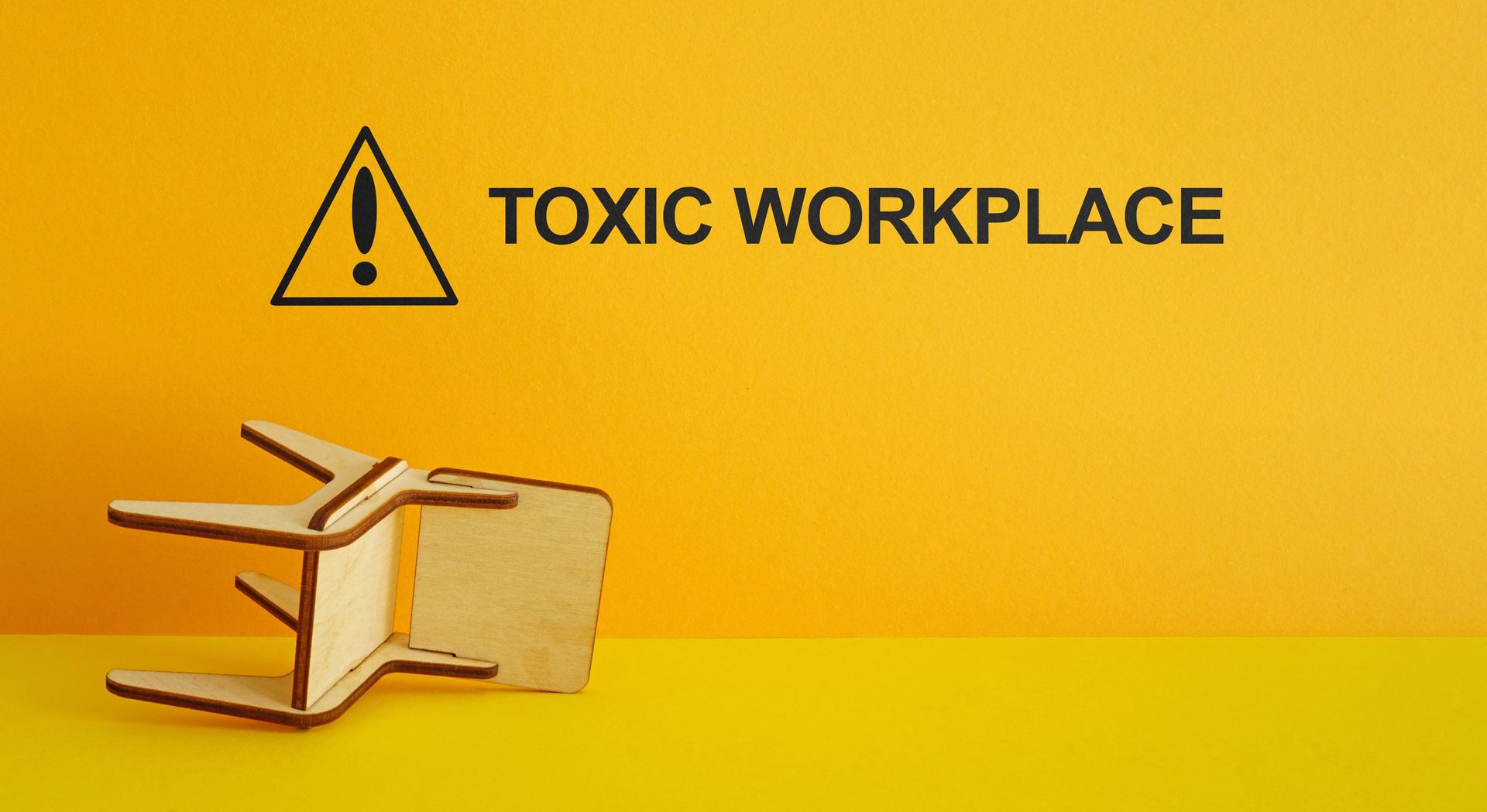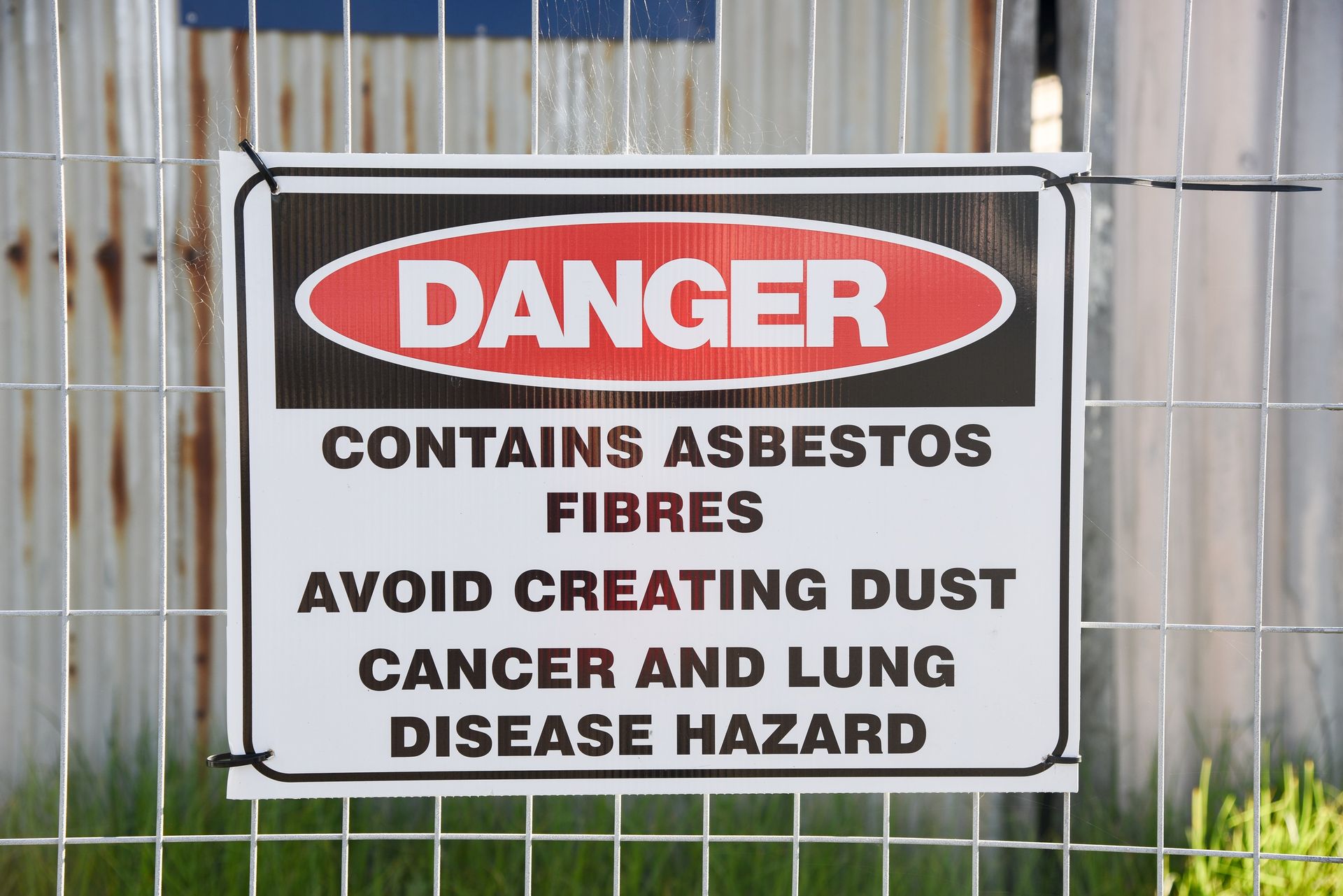How do I resolve disputes in construction?
David Addinall, Senior Associate • March 27, 2024
Resolving disputes in construction in New South Wales typically involves several steps, and there are various mechanisms and avenues available to parties involved in construction disputes. Here are some common methods for resolving construction disputes:
Negotiation: Often, construction disputes can be resolved through informal negotiations between the parties involved. This may involve direct discussions between the parties, facilitated by legal representatives or mediators, to reach a mutually acceptable resolution.
Mediation: Mediation is a voluntary and confidential process where an independent mediator assists the parties in reaching a settlement. The mediator helps facilitate communication, identify issues, and explore potential solutions. Mediation can be a cost-effective and efficient way to resolve construction disputes without resorting to formal litigation.
Adjudication: Adjudication is a statutory process available under the Building and Construction Industry Security of Payment Act 1999 (NSW) for resolving payment disputes in construction contracts. Adjudication involves a neutral adjudicator making a binding determination on a payment dispute within a relatively short timeframe.
Arbitration: Arbitration is a formal dispute resolution process where parties submit their dispute to an independent arbitrator or panel of arbitrators. The arbitrator's decision, known as an award, is binding on the parties and enforceable in court. Arbitration proceedings are typically more formal and structured than mediation.
Litigation: If other dispute resolution methods are unsuccessful, parties may resort to litigation by initiating legal proceedings in court. Construction disputes may be heard in various courts in NSW, including the Local Court, District Court, or Supreme Court, depending on the nature and value of the dispute. Litigation can be a lengthy and costly process, but it may be necessary to resolve complex or contentious construction disputes.
Expert Determination: Expert determination involves appointing an independent expert to resolve a specific issue or technical dispute in a construction project. The expert's decision is typically binding on the parties, although the process may vary depending on the terms of the contract.
Alternative Dispute Resolution Clauses: Many construction contracts include clauses requiring parties to engage in alternative dispute resolution methods, such as mediation or arbitration, before pursuing litigation. These clauses can help streamline the dispute resolution process and avoid the costs and delays associated with court proceedings.
It's essential to carefully consider the most appropriate method for resolving a construction dispute based on factors such as the nature and complexity of the dispute, the relationship between the parties, and the desired outcome.
Remember it’s important to seek advice from an experienced construction and development lawyer who can help navigate the dispute resolution process effectively. At Kells we have a team of specialist construction and development lawyers who can help with your project, whether it’s a small development or a multi-million dollar development issue.
Photo 19506001 |
Construction © Andreas Karelias |
Dreamstime.com

Kells has been delivering outstanding services and legal expertise to commercial and personal clients in Sydney and the Illawarra region for more than five decades. Our lawyers are savvy and understand your needs.
Subscribe
Want to get the latest articles and news delivered to your inbox?




